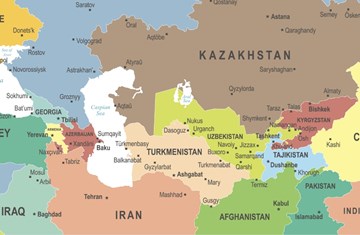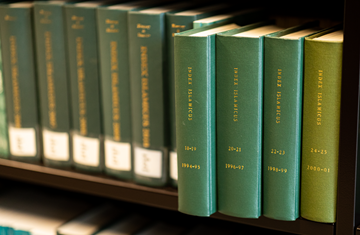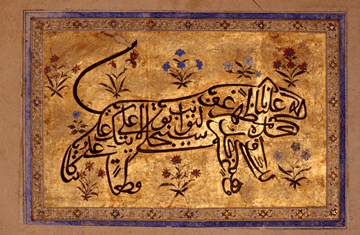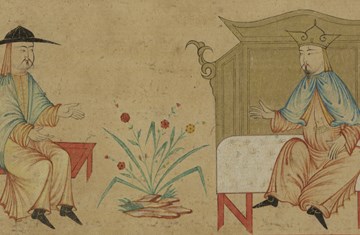IIS Contributes to Workshop on The Esoteric Interpretation of the Qur’an
The European Science Foundation (ESF) hosted an exploratory workshop entitled The Esoteric Interpretation of the Qur’an at the University of Cambridge during 17-20 July. The four-day workshop, organized and convened by Dr Annabel Keeler, was jointly funded by the IIS and ESF. The IIS was represented at the workshop by Dr Daftary, Dr Ali Qutbuddin, Dr Feras Hamza, Dr Toby Mayer and Dr Omar Alí-de-Unzaga.
The main objective of this workshop was to bring together the results of recent scholarship in the field of the esoteric interpretation of the Qur’an. From North America, Europe, the Middle East, specially Iran and Turkey, scholars at the workshop were able to compare and contrast the methods employed in various texts belonging to the esoteric tradition of Qur’anic interpretation, with a view to understand what, if anything, they all had in common. Particular attention was paid to the question of what merits the label ‘esoteric’ and ‘exoteric’, for as the workshop progressed it seemed that such distinctions were not always useful, nor indeed accurate (see program for a list of all papers).
At the beginning of the workshop, Prof. Etan Kohlberg, a well known scholar of early Shi‘i studies, introduced the participants to the work of the ESF, an association of learned societies and funding agencies within Europe, which promotes scientific research in Europe through conferences, communications and the funding of research programmes.
The opening address on the first day of the workshop was delivered by Prof. Gerhard Bowering (Yale), who provided an overview of the essential elements of the hermeneutics, the science or method for interpretation of texts, of Sufis, Twelver Shi‘is and Ismailis. The subsequent presentations followed a largely chronological trajectory. The first paper, by Farhana Mayer, discussed the interpretive methods encountered in Sulami’s recension of the exegetical material ascribed to Imam Ja‘far al-Sadiq, and the last paper, delivered by Dr Kristin Sands, focused on ‘Sufi commentaries in English in the 20th century’.
Dr Ali Qutbuddin spoke about Ismaili hermeneutics of the Qur’an based primarily on al-Mu’ayyad al-Shirazi’s Majalis (11th century CE.). Dr Annabel Keeler focused on Maybudi’s “prophetology of love” by analsying his commentary on the story of Yusuf (Joseph) and Zulaykha. Speaking on the role of the Qur’an in the Rasa’il ikhwan al-safa’, Dr Omar Alí-de-Unzaga discussed the correspondence of the concept of ‘angels’ in the Qur’an to the celestial spheres of the Ptolemaic cosmos.
In his summary and concluding remarks, Professor Hermann Landolt, Senior Research Fellow at the IIS, picked up on some of the themes that were discussed throughout the workshop and reiterated the need to re-think the categories of esoteric and exoteric interpretations of the Qur’an. The closing round-table discussion acknowledged the merit of relatively small workshops and tried to identify ways of funding and convening similar workshops in the future with a view to enhancing the contributions to the field of Qur’anic Studies.










